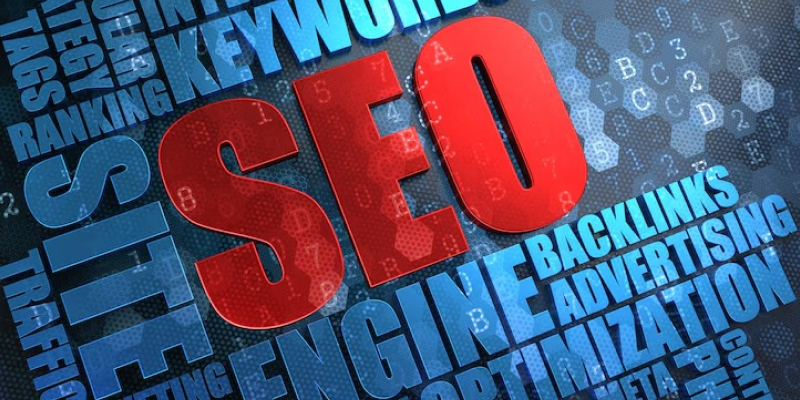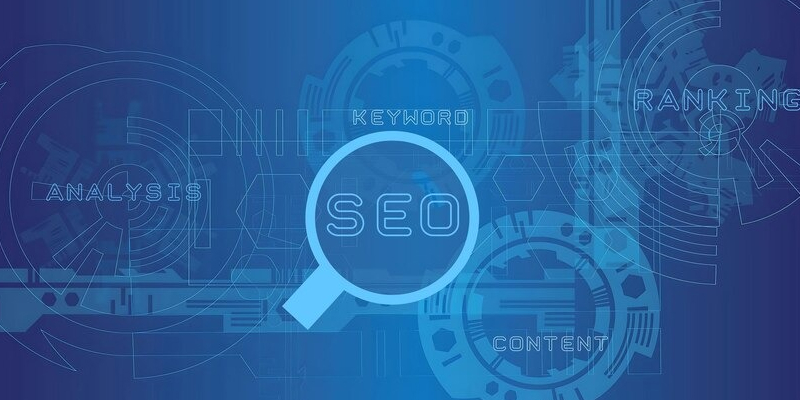

Search engine optimization (SEO) is not one-size-fits-all. The approach that works for a consumer-focused brand may fail entirely for a B2B company with long sales cycles and multi-stakeholder decisions. Understanding the nuances between B2B SEO and B2C SEO helps marketers design campaigns that drive measurable business results and long-term visibility.
B2B SEO (Business-to-Business SEO) is the process of optimizing a website to attract and convert business clients rather than individual consumers. The goal is to reach decision-makers like CEOs, procurement heads, or marketing managers who are evaluating long-term partnerships or high-value services.
It focuses on industry-specific keywords, professional credibility, and lead-nurturing content such as whitepapers, case studies, and product demos. An effectiveB2B Lead Generation strategy often begins with strong SEO fundamentals—positioning your content as both educational and conversion-driven.
In B2B SEO, multiple people influence a purchase—technical evaluators, budget approvers, and executives. Content must therefore address each layer’s concerns—ROI for decision-makers, technical details for specialists, and reliability for managers.
B2C SEO (Business-to-Consumer SEO) targets individual customers who make quicker buying decisions. It emphasizes emotional appeal, user experience, and convenience. Ranking for high-volume keywords, optimizing product pages, and using engaging content are essential to convert browsers into buyers.
B2C buyers seek instant gratification. Their search queries are often product-specific (“best running shoes under ₹3000”) or intent-driven (“buy smart TV online”). Conversion paths are short—often a single session—so content must persuade quickly with visuals, reviews, and clear CTAs.

B2B keywords are niche, technical, and low in search volume but high in value. Phrases like “cloud data integration software” indicate intent to research solutions. B2C SEO, in contrast, thrives on high-volume transactional keywords—“buy organic shampoo online” or “best budget smartphone.”
B2B audiences expect long-form content that demonstrates authority—whitepapers, webinars, and data-driven blogs. This is where SEO-Friendly B2B Content plays a critical role, helping establish expertise and build credibility in complex markets. B2C readers prefer short, visual, and emotionally engaging content like reels, reviews, and lifestyle blogs.
B2B has a long sales cycle requiring multiple touchpoints. SEO should nurture leads with remarketing, gated assets, and drip campaigns. B2C has a short, impulse-based cycle—SEO aims to trigger immediate conversion through persuasive visuals and offers.
B2B websites prioritize structured content libraries, schema markup for services, and lead-tracking integrations. B2C sites emphasize speed, mobile responsiveness, and rich snippets for products (reviews, prices, availability).
Despite the differences, both B2B and B2C SEO rely on essentials—keyword research, crawlable architecture, optimized meta tags, and mobile-first performance. A site that loads fast, answers search intent, and keeps users engaged wins across both categories.
Brands operating in both B2B and B2C spaces (e.g., SaaS or retail distribution) should create distinct content silos. Clear navigation, audience segmentation, and dedicated landing pages help prevent keyword cannibalization.
A software company offering HR automation tools increased organic leads by 300% by targeting intent-based queries like “HR software for SMEs India.” They combined educational blogs with demo-driven CTAs, improving dwell time and lead quality—an ideal model of SEO-driven B2B Lead Generation.
A skincare brand boosted organic traffic by 250% using visual content, influencer collaborations, and product-based schema markup for “buy vitamin C serum online.” By improving Core Web Vitals, they ranked prominently in Google’s Shopping Graph and AI Overviews.

B2B SEO requires specialized content, technical resources, and patience—ROI compounds over time. B2C SEO demands consistent optimization, trend monitoring, and integrated performance marketing for quicker wins.
AI-generated summaries and Overviews are reshaping SEO. Both B2B and B2C brands must create semantically rich, authoritative content that answers layered, intent-based questions to rank in AI-first environments.
Optimize for conversational, long-tail queries (“Which CRM fits small teams?”) and ensure your imagery supports visual search discovery.
As Google and Bing deliver more on-page answers, building brand recall through topical authority, schema, and email marketing becomes essential for sustained visibility.
| Aspect | B2B SEO | B2C SEO |
| Buyer Intent | Informational & evaluative | Transactional & emotional |
| Content Type | Data-driven, educational | Short-form, visual |
| Sales Cycle | Long & multi-touch | Short & impulse-based |
| KPIs | Leads, pipeline growth | Sales, conversions |

Final Thought: Whether targeting enterprises or end consumers, the foundation of SEO lies in understanding people—how they search, decide, and act. Brands that adapt their strategies to intent and leverage the expertise of a trusted SEO company in Bangalore can confidently stay ahead of AI-driven algorithms and dominate organic visibility in 2025 and beyond.